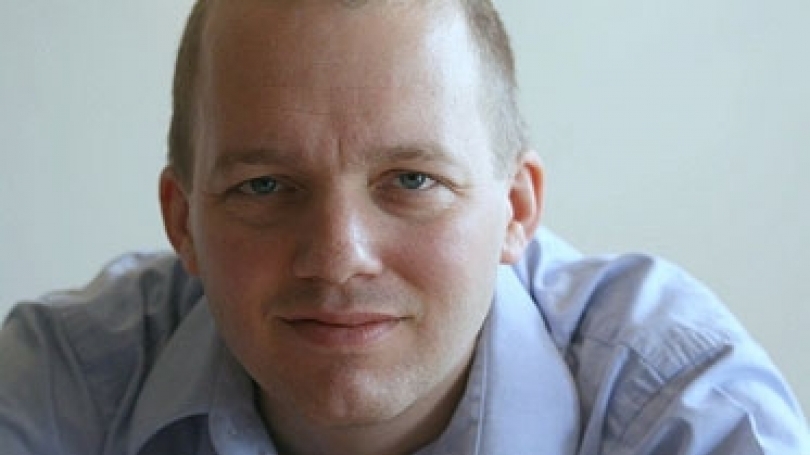The Institute for Writing and Rhetoric is proud to announce that Professor Josh Compton has won a fellowship from the Marion and Jasper Whiting Foundation. The purpose of this foundation is to provide teachers with travel funds with which to conduct research abroad or away from their home institutions. The Foundation hopes that the study and research experiences afforded by its grants will "stimulate and broaden the minds of teachers so as to improve and enhance the quality of their instruction." Professor Compton plans to use his fellowship to travel to Perth, Australia during the Fall term of 2015.
While in Australia Professor Compton will primarily work with two colleagues at the University of Western Australia, James Dimmock and Ben Jackson, who are experts in the fields of exercise, health, and sports psychology. These three scholars have been working with each other for the past two years, ever since Dimmock and Jackson discovered Compton's important work on inoculation theory. The pair reached out to Compton via email in the summer of 2013—just days, Compton recalls, before the arrival of his first child. In their email, Dimmock and Jackson explained how they thought Compton's scholarship might fortify their own work, which centers on finding ways to motivate individuals to adopt more healthy lifestyles. Since that time the three scholars have conceived eight separate scholarly projects that link inoculation theory and health.
One of the central questions the group will contemplate during Compton's visit to Australia involves how to promote healthier lifestyles among adolescents. "Our plan," writes Dimmock, "is to train [high school] teachers to integrate inoculation theory principles into the way they teach health education." While many adolescents already possess positive attitudes about health, nutrition and exercise, Dimmock explains, these positive views are frequently under attack from various powerful forces that tend to discourage and disrupt healthy choices. Dimmock and Jackson want to see if using inoculation in school pedagogy can make student's positive attitudes "more robust" and resistant to threats from powerful forces like peer-pressure and the media. Compton further explains the project: "There's so much important work to be done here—to protect a commitment to health against damaging messages about body image, about junk food, about bullying, about staying physically active against temptations of more sedentary lifestyles, against burn out. Can we, in a sense, inoculate against these attacks on healthier attitudes and behaviors? Can health curriculum benefit from what we know about inoculation theory to not only form positive attitudes, but to make these positive attitudes more resistant to change? We think so."
All three scholars view this time of study and collaboration made possible by the Whiting Foundation as invaluable. "I have no doubt," Compton states, "that I'll come back with scores of ideas, with progress on our current projects, with a few new answers to some lingering questions about inoculation."
Professor Compton expresses his deepest gratitude to the Whiting Foundation for enabling him to continue this important work: "There's something wonderfully inspiring about it all—not just that I'm being supported, personally, for this current project—but also, in general—that there are organizations like the Marion and Jasper Whiting Foundation that care enough about student learning to devote their resources to it, to support and grow ideas of teaching and learning that could make a real difference in education and beyond. They've bolstered my already determined commitment to doing the best work I can as a professor and researcher and learner. I don't think I've stopped smiling since getting the news."
